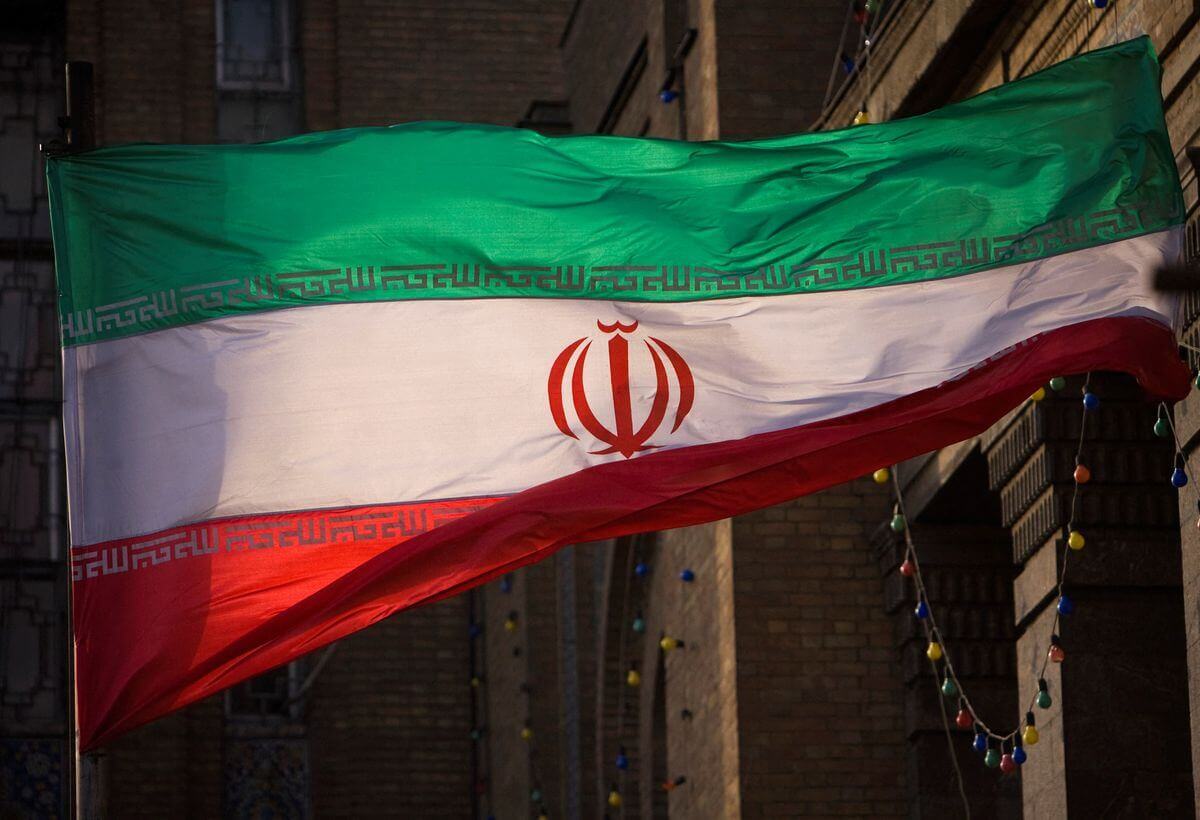The United Kingdom (UK) has rejected Iran’s claim of arresting a British diplomat and three other foreign nationals on espionage charges as “completely false.” A British Foreign Ministry official told Sky News that Iranian media reports of the arrest of Britain’s second most senior envoy in Tehran, Giles Whitaker, are not true.
The Islamic Republic News Agency (IRNA) reported on Wednesday that the Islamic Revolutionary Guard Corps (IRGC) arrested a number of foreign diplomats for spying. “According to footage released by the IRGC Intelligence Organization, the detainees were involved in espionage activities, including soil sampling in banned areas,” IRNA reported.
The report accused the diplomats of spying under the cover of a family tour in the Shahdad Desert. Fars News said the “spy diplomats were observed by IRGC drones while sampling the soil of the forbidden area in the central desert of Iran.” RFE/RL cited Farsi media as saying that the spies were taking earth samples close to the area where the IRGC has been conducting ballistic missile exercises.
Absolutely. He is not even posted in Iran anymore! https://t.co/EBX3oJkRsz
— Samuel Heath (@UKspoxUSA) July 6, 2022
Fars also claimed that Whitaker had been “expelled” from Iran following an apology.
Furthermore, the media identified two other foreign nationals, Polish scientist Maciej Walczak and the husband of Austria’s cultural attaché to Tehran.
The incident threatens to further strain ties between London and Tehran. Iran had previously detained three British citizens on the charges of espionage. Reuters journalist Nazanin Zaghari-Ratcliff was arrested by the IRGC in 2016 and convicted the following year for spying and plotting to overthrow the government. Similarly, Anousheh Ashouri and Morad Tahbaz were respectively detained in 2017 and 2018 for spying on behalf of Israel and the United States. Iran released them in March in order to receive concessions from the West regarding the removal of sanctions.
Human rights organisations have accused the Iranian government of implementing a policy of deliberately arresting dual citizens in order to gain concessions from their respective countries. In fact, Human Rights Watch has documented dozens of cases where Iran has arbitrarily arrested dual citizens on charges of spying on behalf of a “hostile state.”
BREAKING: A Western diplomat tells me the Iranian claim that the UK deputy ambassador was arrested is "Fake News". The Western diplomat added the diplomat the Iranians claim was involved in the incident finished his posting in Iran more than a month ago under normal circumstances
— Barak Ravid (@BarakRavid) July 6, 2022
The arrests also follow accusations by the International Atomic Energy Agency (IAEA) and Western countries that Iran has been accelerating its nuclear programme and Tehran’s steps are jeopardising efforts to revive the nuclear deal, also known as the Joint Comprehensive Plan of Action (JCPOA).
Tehran recently suspended all contact with the IAEA after the agency passed a resolution censuring Tehran for not cooperating with the organisation and hiding its nuclear activities.
In response to the resolution, Iran shut down 27 IAEA surveillance cameras across nuclear sites. It also announced that it will install two IR-6 advanced centrifuges at the Natanz facility to enhance its ability to rapidly enrich uranium. An IR-6 centrifuge spins uranium ten times faster than other centrifuges. The move could allow Iran to quickly add to its stockpile of enriched uranium, which the IAEA says is sufficient to produce a nuclear weapon.

